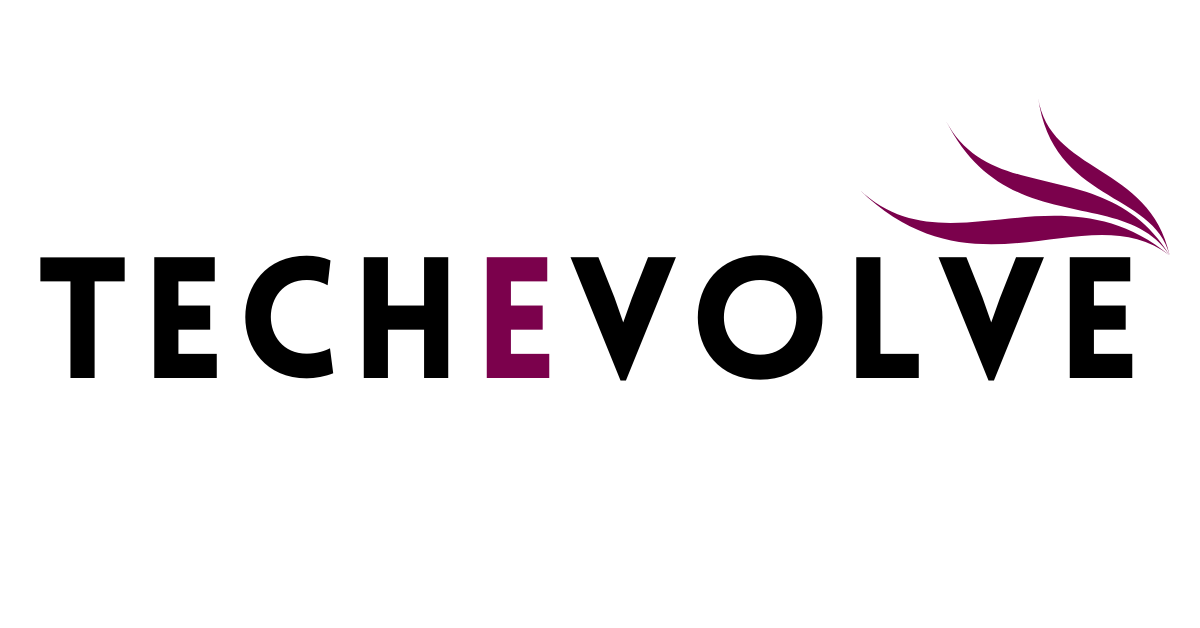Techvestor is an innovative real estate investment platform that allows investors to access short-term rental properties as a source of passive income. By utilizing advanced technology to identify profitable opportunities in vacation rentals, Techvestor enables investors to tap into the booming short-term rental market without having to deal with the complexities of managing these properties themselves. This model is designed for accredited investors who want to diversify their portfolio with real estate but prefer a hands-off approach.
What sets Techvestor apart from traditional real estate investment platforms is its focus on short-term rentals, such as vacation homes, which have the potential for higher yields compared to long-term rental properties. These short-term rentals can generate significant income in popular tourist destinations or urban areas with high demand for temporary accommodations. Techvestor also uses proprietary technology to help investors choose the best properties, optimizing both location and potential returns based on data analysis.
Table of Contents
Top Techvestor Competitors to Consider in 2024
In the ever-evolving landscape of real estate crowdfunding, Techvestor stands as a significant player, but it is not without strong competition. Several platforms offer similar services with their own unique twists, catering to a diverse range of investors. One of the closest alternatives is Arrived Homes, a platform designed to allow non-accredited investors to purchase fractional shares of rental properties. Unlike Techvestor, which focuses on short-term rentals, Arrived Homes leans heavily toward long-term residential rentals. This makes it an attractive option for investors who prefer stability over the potentially higher, but more volatile, returns from short-term rental markets. Moreover, with its low minimum investment threshold, Arrived Homes is more accessible for first-time real estate investors looking to dip their toes into the market without a large upfront commitment.
Another key competitor is Roofstock, which specializes in single-family rental homes. What makes Roofstock stand out is its focus on offering entire properties for investment rather than just fractional ownership, as seen with Techvestor. This option appeals to investors who want complete control over a property and are willing to manage it themselves or through property management services. The platform provides investors with detailed financial data, allowing for thorough analysis before making a purchase. This level of transparency is a major draw for those who are looking to make informed decisions with full ownership of their assets, something Techvestor’s model does not provide since investors own only a fraction of the property.
Analyzing Market Trends in Real Estate Crowdfunding
The real estate crowdfunding sector has experienced rapid growth in recent years, largely driven by the rise of fractional ownership platforms. This model allows investors to own portions of properties without the need to purchase an entire property outright, which has democratized real estate investing for many. Techvestor, with its focus on short-term rentals, taps into this trend by offering fractional ownership in a lucrative niche—vacation and short-term rental properties. Investors have taken note, given the boom in platforms like Airbnb and Vrbo, which have normalized the concept of renting out homes for short periods.
However, another emerging trend in real estate investing is the increasing importance of technology and data-driven decision-making. Platforms like Techvestor and its competitors rely heavily on algorithms and machine learning to assess property value, rental yield, and overall market conditions. This technological integration is reshaping how investors approach real estate, enabling them to make more informed decisions based on predictive analytics. As this trend continues to evolve, it is expected that the real estate crowdfunding market will become even more reliant on advanced technologies like artificial intelligence and blockchain to further enhance transparency and efficiency for investors.
Key Factors to Consider When Choosing a Techvestor Alternative
When choosing an alternative to Techvestor, there are several important factors that investors should carefully evaluate. One of the most critical aspects is the minimum investment requirement, which can significantly impact accessibility for different types of investors. Techvestor typically caters to accredited investors with higher minimums, whereas some competitors like Arrived Homes offer lower thresholds, making them more appealing to a wider audience. Lower investment minimums are particularly attractive to new investors or those looking to diversify their portfolio across multiple real estate assets without significant capital outlay. On the other hand, platforms like Roofstock, which involve buying entire properties, often require more capital upfront but give investors full ownership and control over the asset.

Another key factor to assess is the potential return on investment (ROI). While Techvestor’s focus on short-term rentals offers the potential for high yields, this also comes with a level of unpredictability due to fluctuations in tourism and rental demand. Comparatively, platforms like Fundrise or Roofstock, which deal with long-term rentals or diversified real estate portfolios, might offer more stable but lower returns. It is also important to consider how these platforms handle liquidity, as real estate investments are generally illiquid, and selling shares or properties can take time. Some platforms, like Concreit, offer more flexibility by allowing investors to sell their shares more easily, making it a better option for those seeking liquidity.
What Sets Techvestor Apart from Its Competitors?
Techvestor distinguishes itself from its competitors in several notable ways, particularly through its focus on short-term rentals. While many real estate crowdfunding platforms concentrate on long-term rental properties or commercial real estate, Techvestor has carved out a niche in the short-term rental market, which can be more profitable but also carries unique risks. By investing in vacation homes and properties in high-demand tourist areas, Techvestor offers investors a chance to tap into a lucrative, fast-growing segment of the real estate market. The platform’s use of proprietary technology to identify profitable opportunities based on market trends and data analysis gives it an edge, allowing investors to maximize their returns with minimal involvement.
Another feature that sets Techvestor apart is its fully managed investment model. Unlike platforms where investors are responsible for managing their properties or coordinating with third-party property managers, Techvestor takes care of everything, from acquisition to property management. This hands-off approach is ideal for investors who want to enjoy the benefits of real estate income without the headaches of property upkeep or tenant issues. Additionally, Techvestor’s emphasis on transparency, including detailed reports on property performance and market insights, helps investors stay informed without needing to micromanage their investments.
Future of Techvestor and Its Competitors in 2024 and Beyond
Looking ahead, Techvestor and its competitors are poised to benefit from several evolving trends in real estate investing. One of the most significant developments is the increasing role of technology and automation in managing and optimizing real estate investments. Platforms that incorporate AI and data analytics, such as Techvestor, will likely continue to refine their algorithms to better predict rental income, market shifts, and property appreciation. This will enable investors to make more informed decisions and potentially maximize their returns, even as economic conditions fluctuate. As the short-term rental market grows, especially with the rising popularity of platforms like Airbnb, Techvestor’s tech-driven approach is expected to keep it competitive in the evolving market.
However, the competition will also intensify as more platforms integrate similar technologies and expand their offerings. For example, emerging players in the space may focus on niche markets or offer even greater flexibility in terms of liquidity and investment customization. Moreover, external factors like economic conditions, interest rates, and housing market trends will shape the future landscape for all real estate crowdfunding platforms. Investors will need to keep a close eye on regulatory changes and market conditions, which could either boost or challenge the profitability of short-term rentals and other real estate investments.
